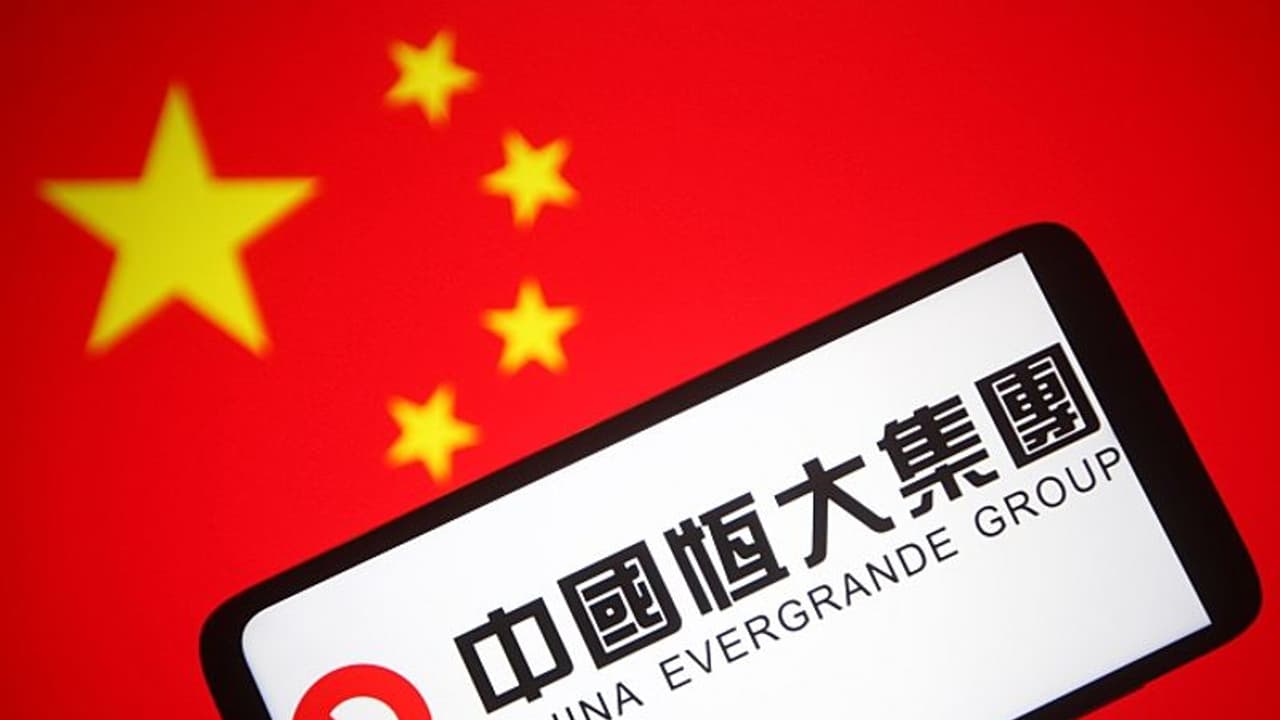On Wednesday, China's central bank injected $18.6 billion into the banking system and Evergrande agreed to settle interest payments on a domestic bond to ease concerns for now. But the ripples of the Evergrande crisis are being felt and China's economic policies are now under intense scrutiny.
In signs that point towards China's economy heading for a major slump, the country's real estate sector has suffered a major setback with China's biggest property developer Evergrande going belly up.

The global Fortune 500 company is today staring at bankruptcy with over $300 billion in debt.
The grim news about the Guangzhou-based Evergrande came from S&P Global Ratings on Tuesday.
The $300 billion debt includes the $103 billion that the company owes to construction firms and creditors. The situation is such that the banks have stopped lending to Evergrande. According to reports, over 128 banks and 121 non-banking institutions have lent money to Evergrande.
A slowdown in the real estate sector during the pandemic made matters worse for Evergrande. So much so that the firm's share prices have tanked by over 80 per cent this year alone.
A host of global investors who had bet big on Evergrande are today counting losses. According to media reports, investors like Elon Musk, Mark Zuckerberg, Warren Buffett, Jeff Bezos, Bill Gates and others lost fortunes to the tune of nearly $30 billion.
The Evergrande debacle had a ripple effect on the global markets.
Founded in 1996, Evergrande rode the urbanisation boom in China. The company expanded to over 250 Chinese cities and launched thousands of real estate projects. Aimless lending by banks saw the company's debt swell. And when the pandemic hit, funds dried up and the bubble burst.
On September 13, the company admitted that it was facing enormous financial pressure, leaving investors, owners of apartments bought off-plan and unpaid suppliers in panic. According to data available, over 1.6 million properties have not yet been delivered to home buyers.
On Wednesday, China's central bank injected $18.6 billion into the banking system and Evergrande agreed to settle interest payments on a domestic bond to ease concerns.
The Chinese government has been found guilty of allowing the debt crisis to explode and not doing enough to penalise firms that borrow heavily but invest in alternate business ventures. In Evergrande's case, the company ventured into the bottled water and electric vehicle businesses. The EV business of Evergrande, according to reports, was worth $87 billion in April 2021 without even selling a single car. The company also bought a soccer team.
It is estimated that in over the 12 months or so, Chinese corporates have to repay debts worth $1.3 trillion. Already, in 2020, over 2 lakh companies have declared bankruptcy.
China's unsustained debt-driven growth could, in the short term, see housing and land prices crash, suppliers of steel, concrete, pipes and other building materials taking a hit and unemployment soar.
However, in the long run, it would scare off potential investors from investing in Chinese firms and the country's economy.
